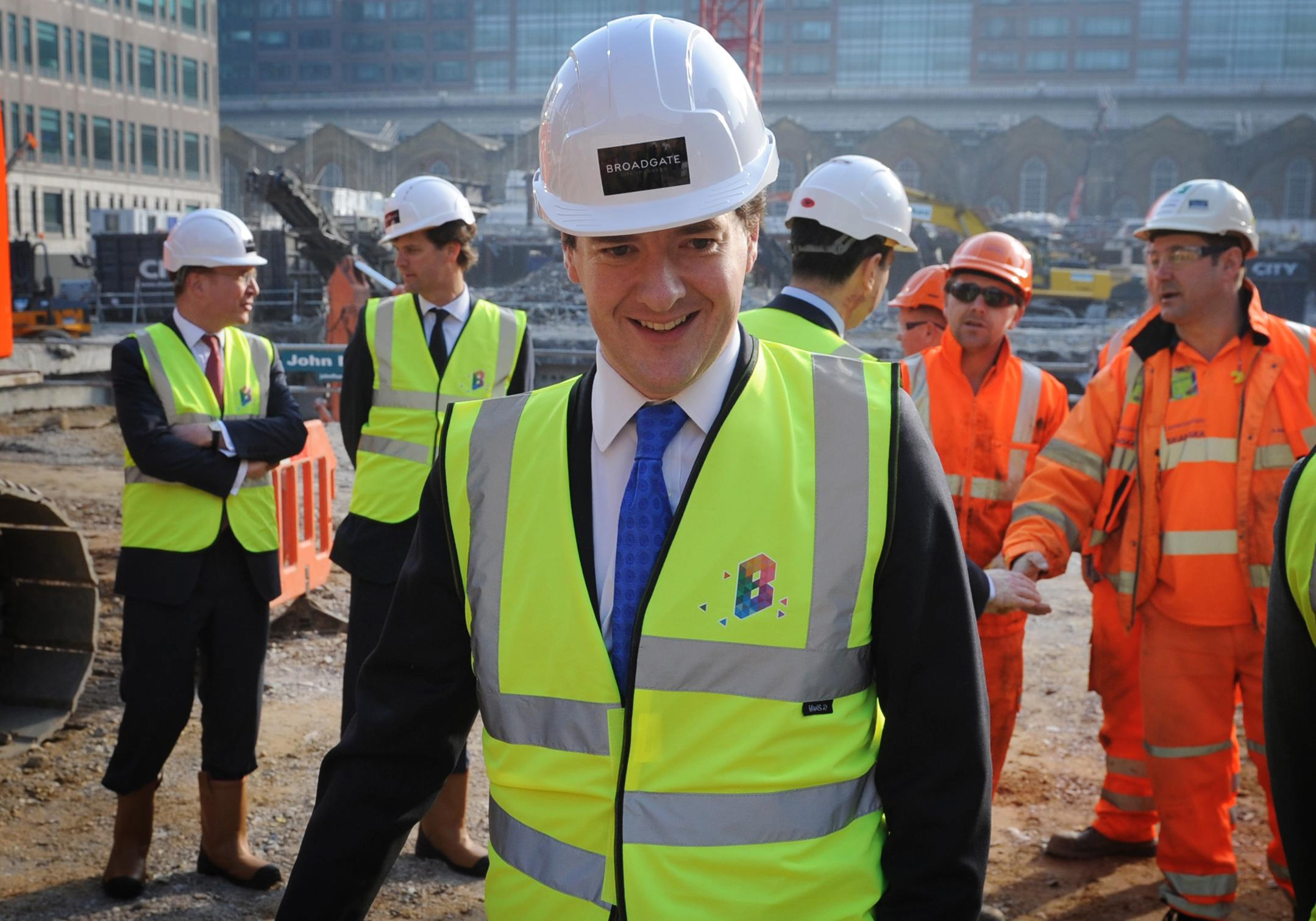Compared to European counterparts, Britain’s housing market is a picture of market failure
Across the European Union there is often a perception that Britain takes a more market-oriented approach, and where Britain leads continental Europe eventually follows. However, when it comes to housing, this is not the case. Britain’s housing market is far more dysfunctional than its European counterparts. A comparison of two key metrics of a group of six northern European countries demonstrates that the UK has by far the largest market failure in housing. The UK continues to have the lowest construction rate of all six countries. Moreover its housing benefit bill, due to soaring rents, dwarfs that of other countries and is now almost 10 times that of Germany.
Continue reading “Britain’s dysfunctional housing market: a European comparison”






